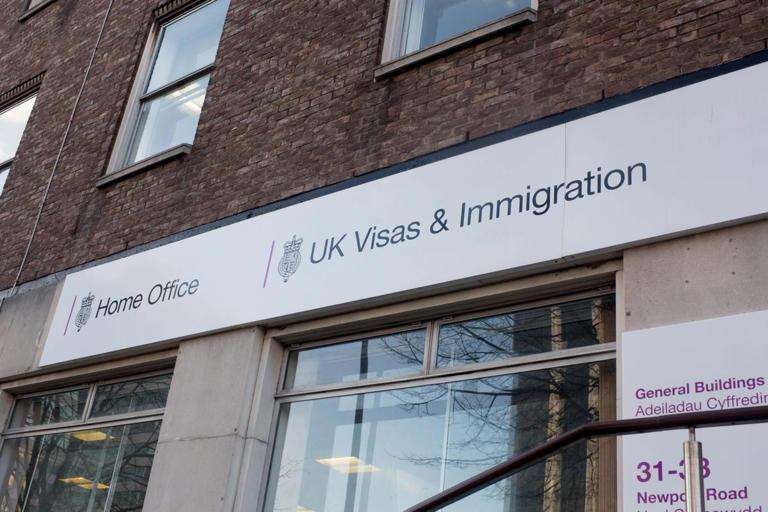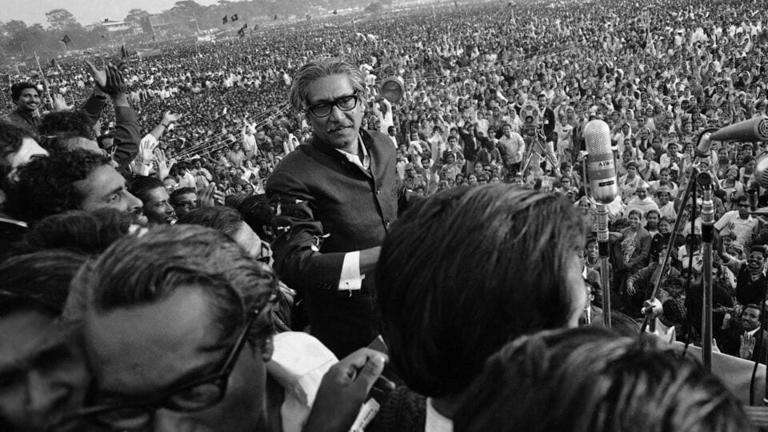Hong Kong has mostly been ignored by tourists from traditional medium- and long-haul tourism destinations, such as Australasia, North America, and Japan, since the Covid-19 travel and quarantine restrictions were removed in early 2023. The plain fact is that, despite numerous "relaunch" initiatives, the number of visitors from these locations has not returned to anything approaching pre-pandemic levels, despite a confluence of understandable but regrettable perceptions from abroad and local realities.
Simultaneously, long-standing stopover travelers who used to frequently pass through Hong Kong on their way from Europe to Australasia now frequently choose Middle Eastern airports like Dubai and Doha. Transiting through Hong Kong is no longer as appealing as it once was due to improved connection and shorter travel times—for instance, only one stop is needed between locations like Brisbane and Dublin rather than several layovers.
Recent official initiatives have focused upon a long-overdue encouragement of inbound tourism from countries in the Islamic world – clearly the next big push to prop up Hong Kong’s flagging tourism industry. Steadily rising living standards and consistent middle-class growth and consumer spending in Muslim-majority countries from Morocco to Malaysia in recent decades provide a sizeable potential tourist market that, as yet, has been largely overlooked. Introduction of direct flights between Riyadh and Hong Kong last month should also encourage more tourists from Saudi Arabia to visit the city.
Many such visitors, though by no means most, would not be unduly deterred by Hong Kong’s major structural tourism industry weaknesses. In particular, more expensive hotel rooms, compared with other regional destinations, and the inevitable corresponding sense of suboptimal value for money, will not change any time soon, if at all. But when these prices are compared to places such as Dubai and Abu Dhabi, some visitors might feel that as a stay in Hong Kong would cost about the same as at home, but with a completely different range of things to see and do, then a trip here would be worthwhile.
Since the 8th century AD, nearby Guangzhou has received visitors from across the Muslim world. One of the oldest mosques in Asia – known as the Lighthouse Mosque, due to its distinctive minaret – lies in the city centre, along with other historic locations linked to the introduction of Islam into southern China from that time. As a direct consequence of this long-standing connectivity, Guangzhou, unlike Hong Kong, has taxi drivers and local tour guides who can speak a mutually comprehensible version of Arabic.








.svg)

